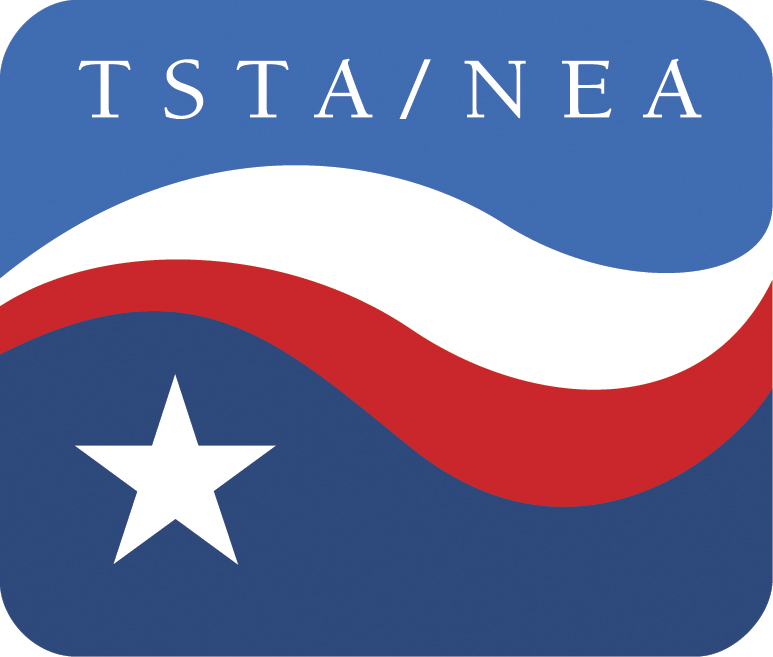Attorney general joins the attack on educators
Attorney General Ken Paxton, who went to court to defend Texas’ very bad school finance system, is still attacking educators. He is doing so, I suspect, to try to keep himself relevant to right-wingers – his political base — as he awaits trial on securities fraud charges.
Although Paxton’s personal legal troubles have been keeping his lawyers busy, the attorney general found time to weigh in on the issue of whether teachers and other public employees should have the freedom to spend their own money as they please, by deducting their association or union dues from their paychecks, at no cost to taxpayers.
Paxton agrees with Gov. Greg Abbott and Lt. Gov. Dan Patrick that the long-standing practice should be stopped and has as much trouble telling the truth about the issue as Abbott and Patrick do.
Paxton’s name is on an oped, published in The Dallas Morning News, filled with errors and misrepresentations about the dues deduction issue.
“Protecting workers’ rights is one of the government’s most important jobs,” Paxton says in the first sentence. Then he spends the rest of the article defending the state leadership’s efforts to undercut workers’ rights.
Here are a few of his misrepresentations:
Paxton: Public employee unions “spend millions of dollars on partisan activities.”
The truth: Membership dues in TSTA and other public employee unions and associations in Texas are NOT spent on partisan political activities. Membership dues in TSTA and other organizations are spent on professional development, liability insurance and other job-related services. Political activities are conducted by political action committees, which are funded by separate, voluntary contributions, not dues money.
Paxton: “The Supreme Court has ruled that workers cannot be forced to make political donations.”
The truth: TSTA and other unions DON’T force members to pay dues or make political donations. Again, both dues payments and political donations to PACs are voluntary.
Paxton: Public employees must “opt in if they want to contribute to a union.”
The truth: Workers already opt in if they want to join TSTA or another employee organization or union. If they wish, they also voluntarily choose to have their membership dues automatically deducted from their paychecks. This is the practice that Senate Bill 13 – supported by Paxton, Patrick and Abbott – would discontinue for most public employees.
Paxton: Quotes Abbott, “Taxpayer money shouldn’t be used to support the collection of union dues.” Patrick also has claimed dues deductions cost taxpayers money.
The truth: Employees’ dues deductions essentially cost governments nothing, according to the author of SB13, and a fiscal note that says the bill would provide no cost savings. And if there were any costs, current law would require unions and employee associations to reimburse school districts and other governments for any administrative costs.
Another truth: Automatic dues deduction is a secure and convenient way for educators and other public employees to pay membership dues to the organizations of their choice. Abbott, Patrick, Paxton and their allies are trying to punish educators and other employees for opposing bad legislation, including a bill to siphon tax dollars from public education for private school vouchers.
SB13, which has been approved by the Senate and is before the House, would let police, firefighters and EMS workers continue to have membership dues in their unions voluntarily deducted by their government employers.
Why? Because these groups are perceived as more politically friendly to the Abbotts, Patricks and Paxtons. That may be, but these employee unions also are fighting SB13 because they know this is an effort to single out employees for political punishment and they could be next.
